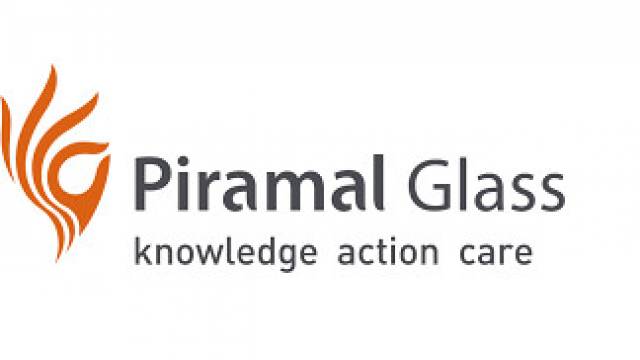The company’s margins and profits to remain flat, but stock has upside.
As reported by the Daily Mirror (Sri Lanka), the recent capacity enhancement and the commissioning of the dual furnace firing at Piramal Glass Ceylon PLC appears to be having a limited positive impact on the company’s immediate financial performance as profits and margins are projected to remain flat though the medium-term outlook is expected to remain positive, an equity research on the company’s stock said.
According to the research arm of the stock broking firm, Bartleet Religare Securities (Private) Limited, who has given a “buy” recommendation on Piramal stock, the positives expected from enhanced capacity and cost savings from dual furnace firing could be off-set by the rising fuel prices and the doubling of the finance cost due to higher borrowings.
Piramal, Sri Lanka’s sole manufacturer of moulded glass containers for food and beverage products, pharmaceuticals, cosmetics and perfumes closed its Horana factory during 2Q17 for two months to increase its capacity by 20 percent.
This impacted the company’s financial performance as its 1H17 profit after tax fell by almost 75 percent to Rs.73.1 million with Piramal having to import half of its demand from its parent company in India, Piramal Glass Limited.
Meanwhile, during 3Q17 the company completed its dual furnace firing – furnace oil and LPG – aimed at containing the energy costs, the company’s biggest challenge.
For the nine months ended December 31, 2016, the company reported earnings of Rs.275.1 million, against Rs.452.1 million during the corresponding period of the last year.
The gross profit margin and Earnings Before Interest and Tax (EBIT) margins also improved to 26.9 percent and 16.9 percent, respectively, attributable to the dual furnace firing.
Bartleet, in its three-year forecast projected a net profit of Rs.446 million for 2017, which will only go up to Rs.449 million in 2018 before rising to Rs.589 million in 2019, mainly driven by the top-line growth and increasing margins due to added capacity as the company will not have to outsource to cater to the rising demand.
The top line is projected at Rs.7.7 billion in 2017, Rs.9.7 billion in 2018 and Rs.10.5 billion in 2018 with a capacity utilization of 85 percent and 88 percent, respectively, in 2018 and 2019.
Currently Piramal operates at 90 percent capacity after the 20 percent capacity enhancement.
The EBIT margin is projected to stay at 10.2 percent levels during 2017 and 2018 before rising to 10.9 percent due to the upward trend forecasted in fuel, which constitutes 25 percent of total energy cost.
Further, Bartleet Religare expects the doubling of finance costs due to the Rs. 3.0 billion borrowings made for capital expenditure to result in a flat bottom line in 2018.
This rise in long-term borrowings has increased the company’s debt-to-equity ratio to 50:50 from 40:60. But the adverse impact from it on overall stock valuations has been somewhat mitigated by the rise in risk free rate and LPG prices.
Debt is cheaper than equity until it reaches an optimal level.
Bartleet Religare has valued Piramal stock at Rs.6.45 based on projected future cash flows and the stock is now trading at Rs.5.90.
India’s Piramal Glass Limited held 56.45 percent stake in the company while the state-controlled private sector pension fund, Employees’ Provident Fund held 9.51 percent stake being the second largest shareholder.
Norges Bank, the Central Bank of Norway, held 2.68 percent stake being the third largest shareholder of Piramal Ceylon.






